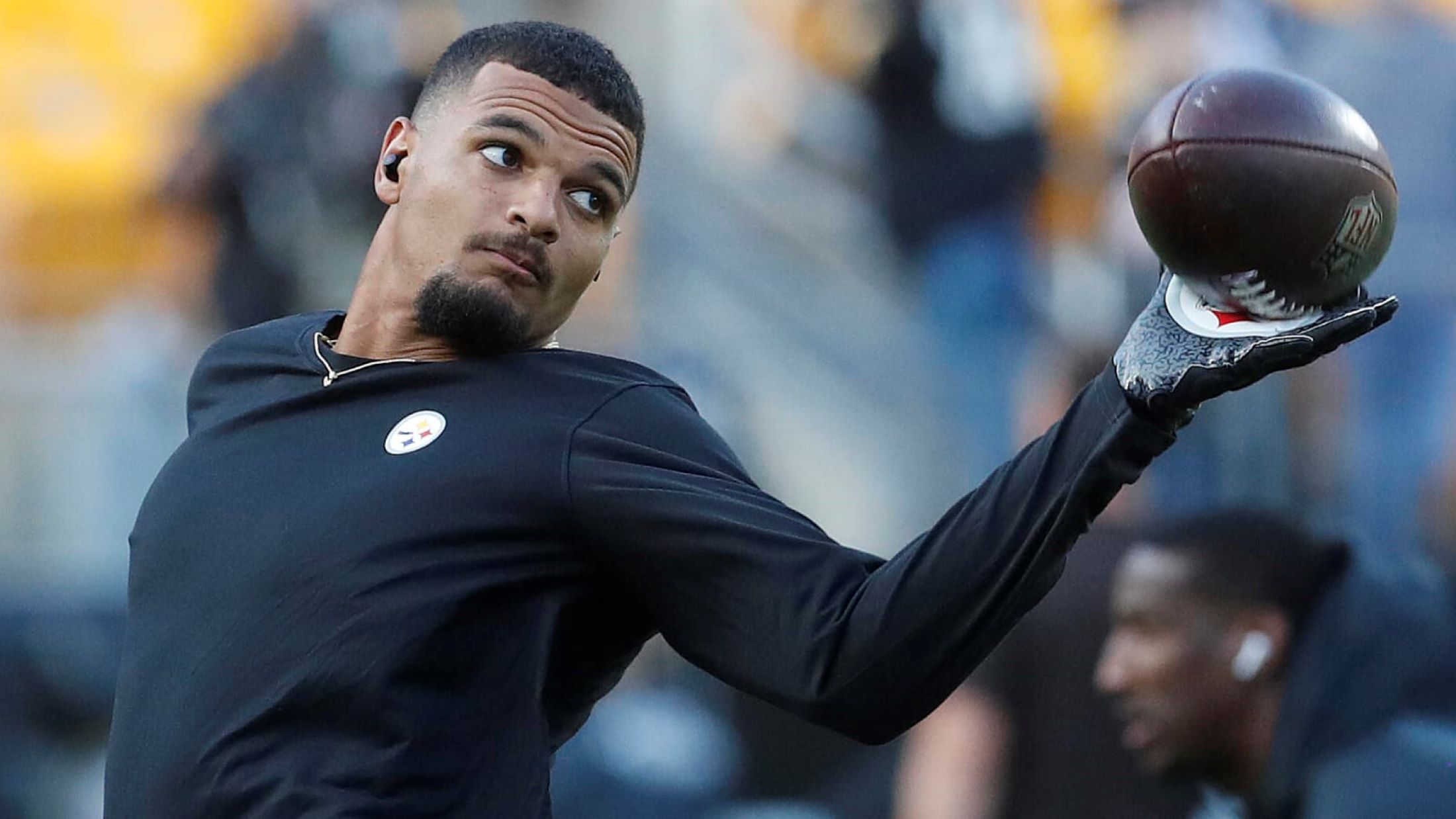October 10, 2023
Key Takeaway
Minkah Fitzpatrick has defended himself against accusations of a dirty play after his goal line tackle resulted in a severe knee injury for Nick Chubb. Fitzpatrick maintains that the fast-paced nature of the game leaves little time for decision-making, while Steelers legend James Harrison blames the NFL’s tackling rules for the incident.
After a controversial goal line tackle resulted in a devastating knee injury for Cleveland Browns running back, Nick Chubb, Pittsburgh Steelers safety Minkah Fitzpatrick has broken his silence to defend himself and assert that he is not a dirty player.
Fitzpatrick Claims Controversial Hit Wasn’t a Dirty Play
In a press conference on Thursday, the three-time Pro Bowler addressed the incident and refuted accusations that his tackle was aimed at intentionally ending Chubb’s season. Fitzpatrick emphasized that the high-speed nature of the game leaves players with only milliseconds to make decisions on the field. He stated, “You can tell me how to tackle him low, but it’s a fast game. It’s a game where you make decisions in milliseconds.”
Asserting that he went low as intended, Fitzpatrick expressed that he had no control over what happened once his decision was made. He highlighted, “Somebody got on his back when I was going low, and what happened happened. There’s nothing I really would do differently.”
Chubb Faces Season-Ending Injury
The tackle resulted in a severe injury for Chubb, sidelining him for the rest of the season. As his football career hangs in the balance, a long road to recovery awaits the talented running back.
Despite the unfortunate outcome, Fitzpatrick conveyed his well wishes for Chubb’s prompt recuperation. He acknowledged Chubb’s skills, stating, “Nick Chubb’s a great player. He makes the game a lot better when he’s playing.”
Blame on NFL’s Tackling Rules?
While there are critics of Fitzpatrick’s tackle, Steelers legend James Harrison has come to his defense. Harrison attributes the blame for the hit to the NFL’s restrictive tackling rules. He argues that these rules put players in difficult situations, making it challenging to avoid such incidents.

